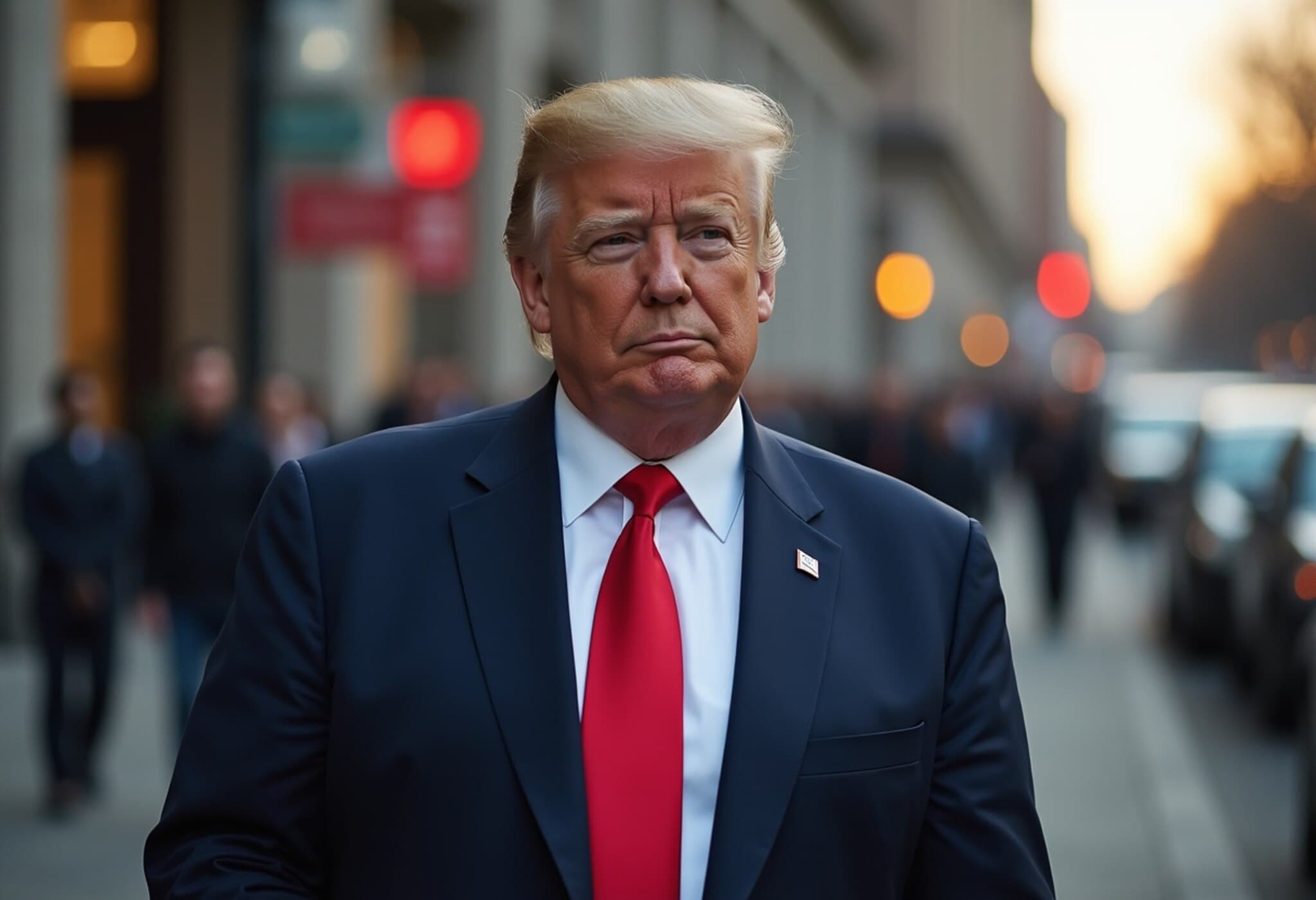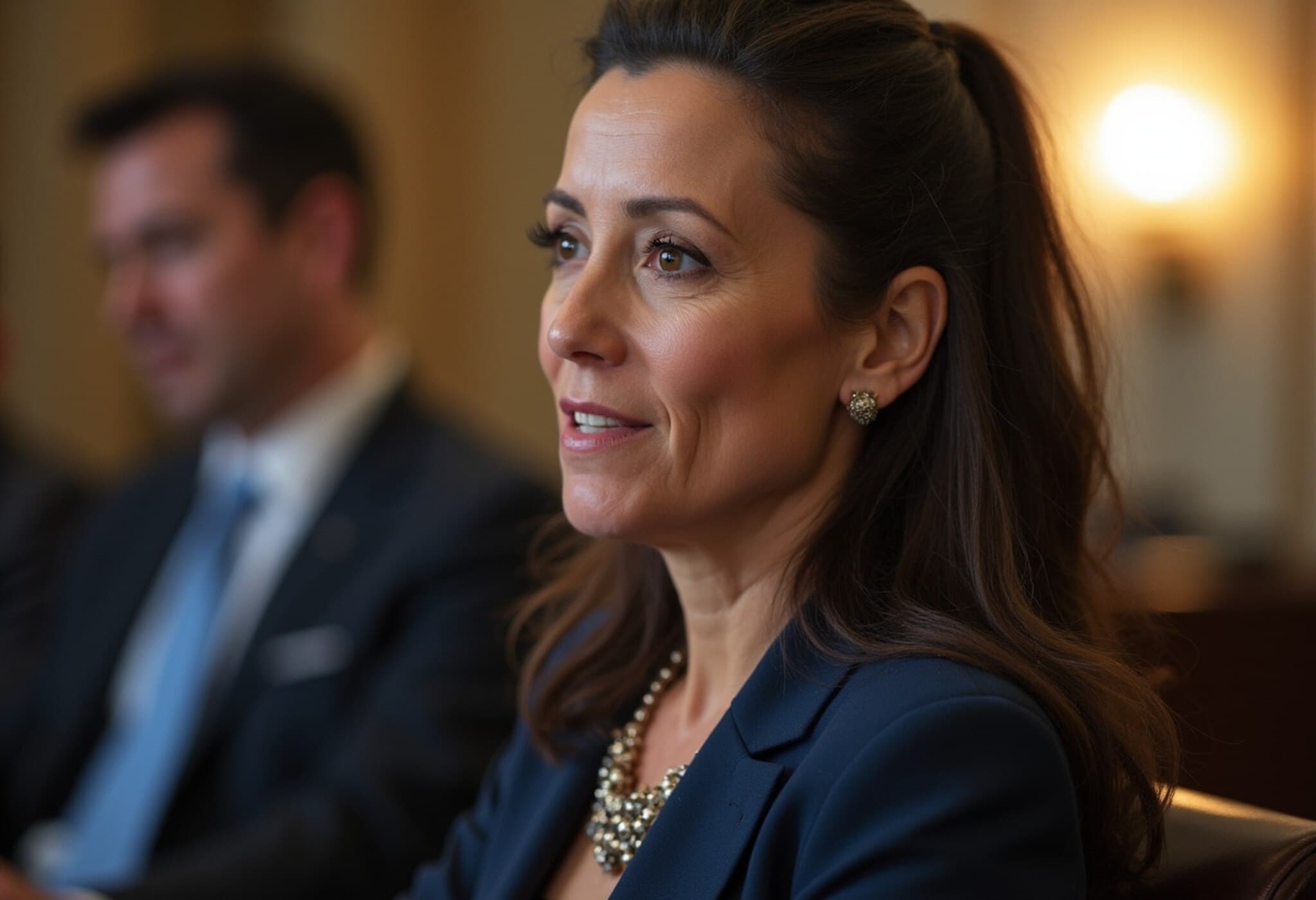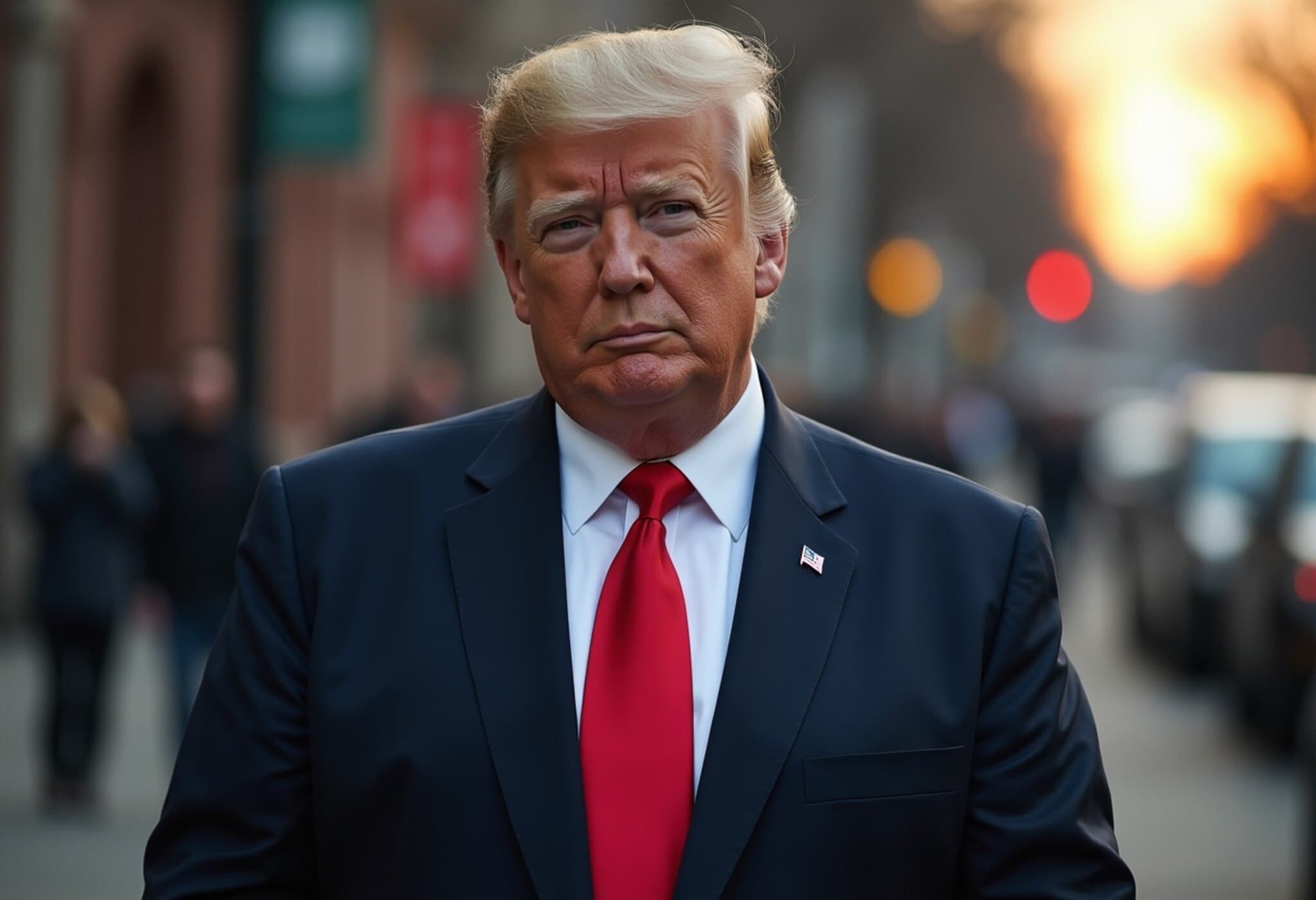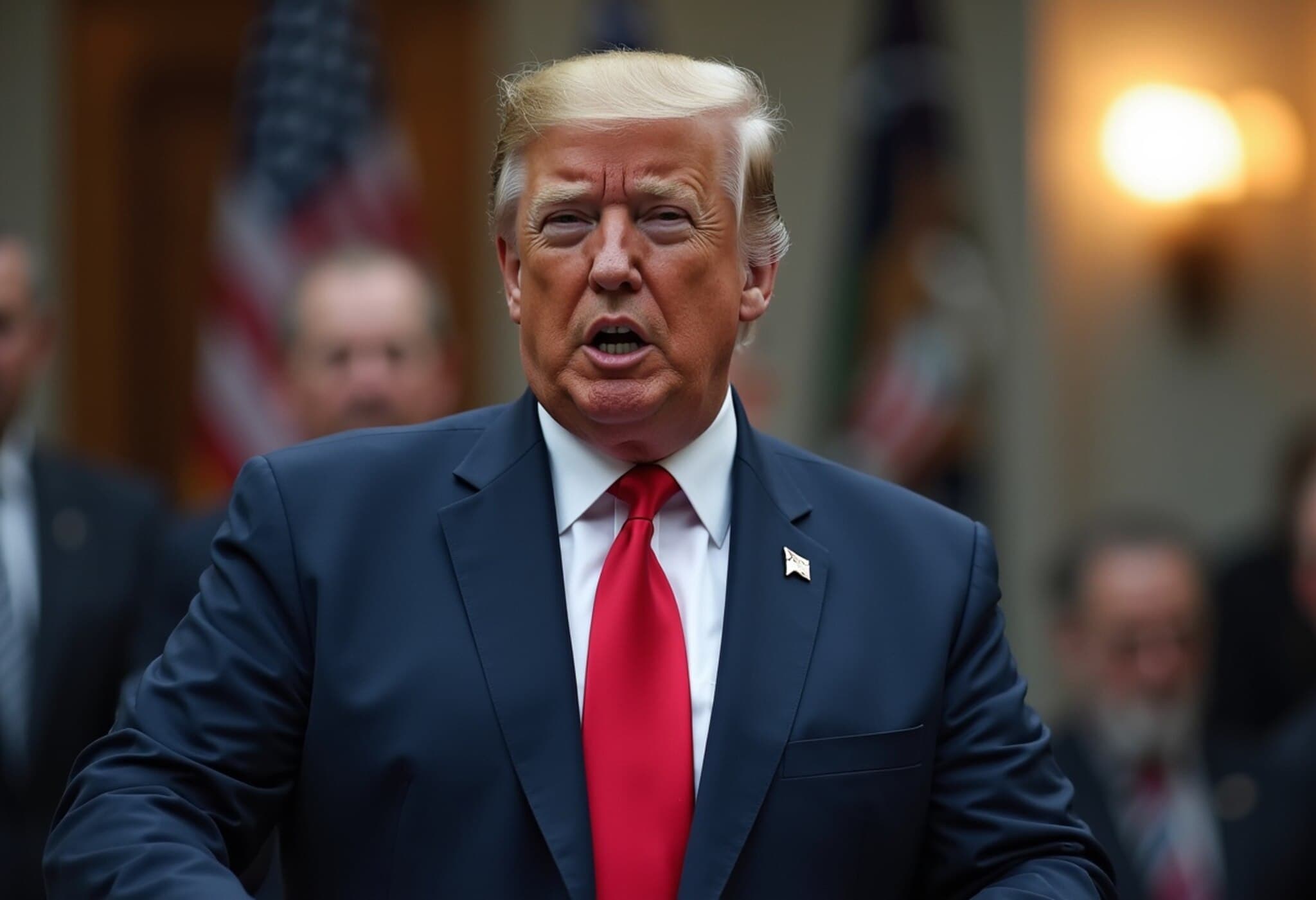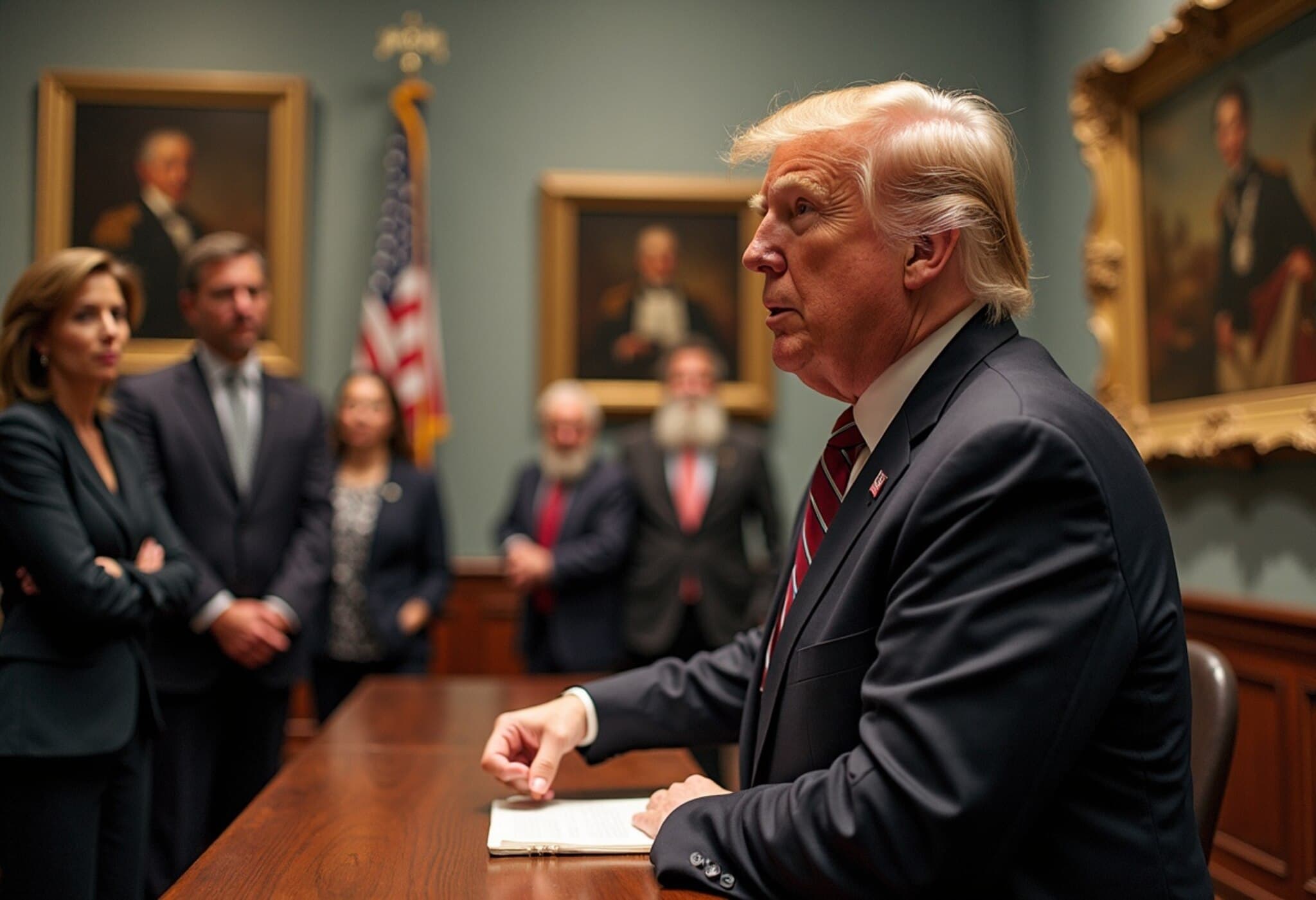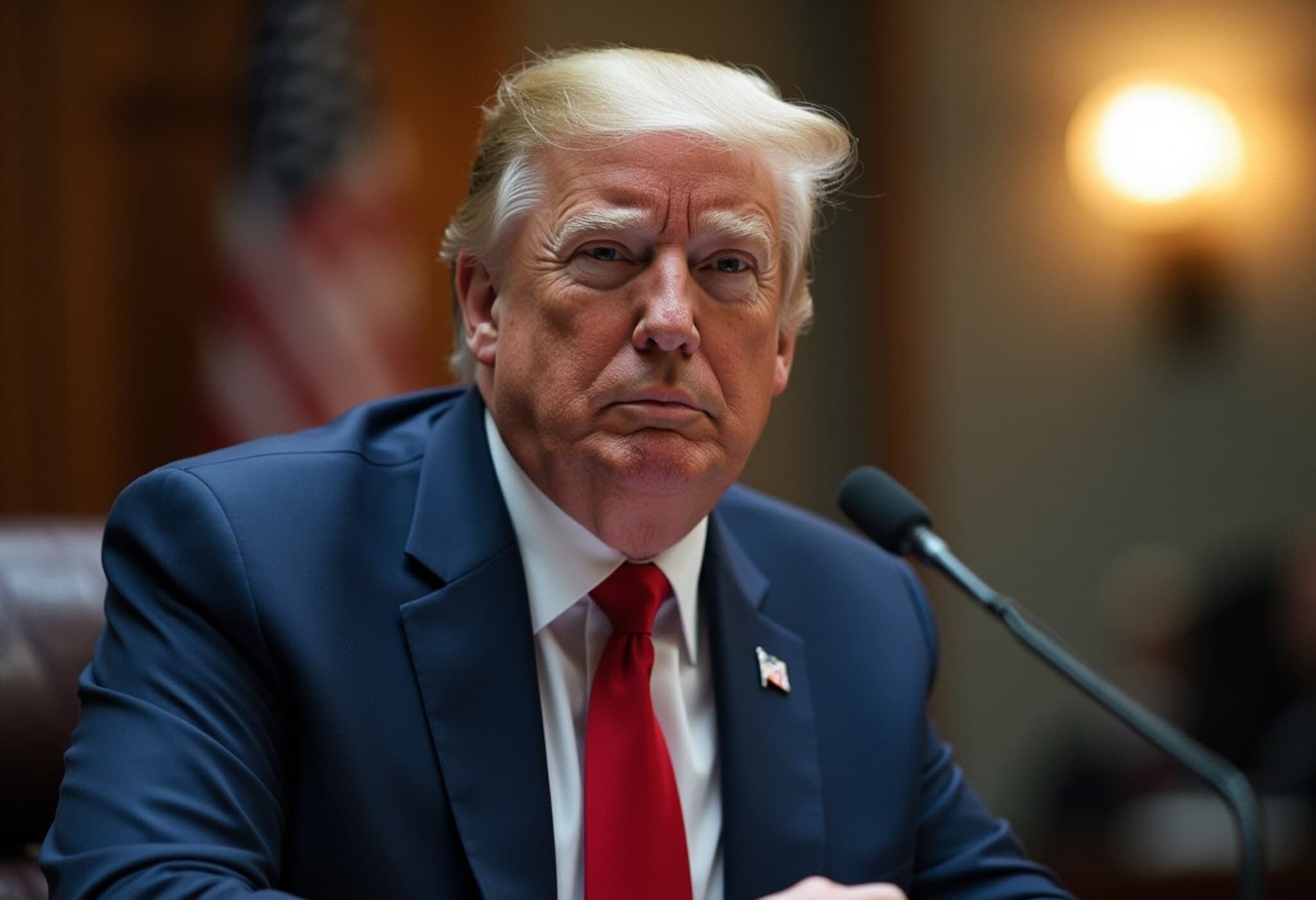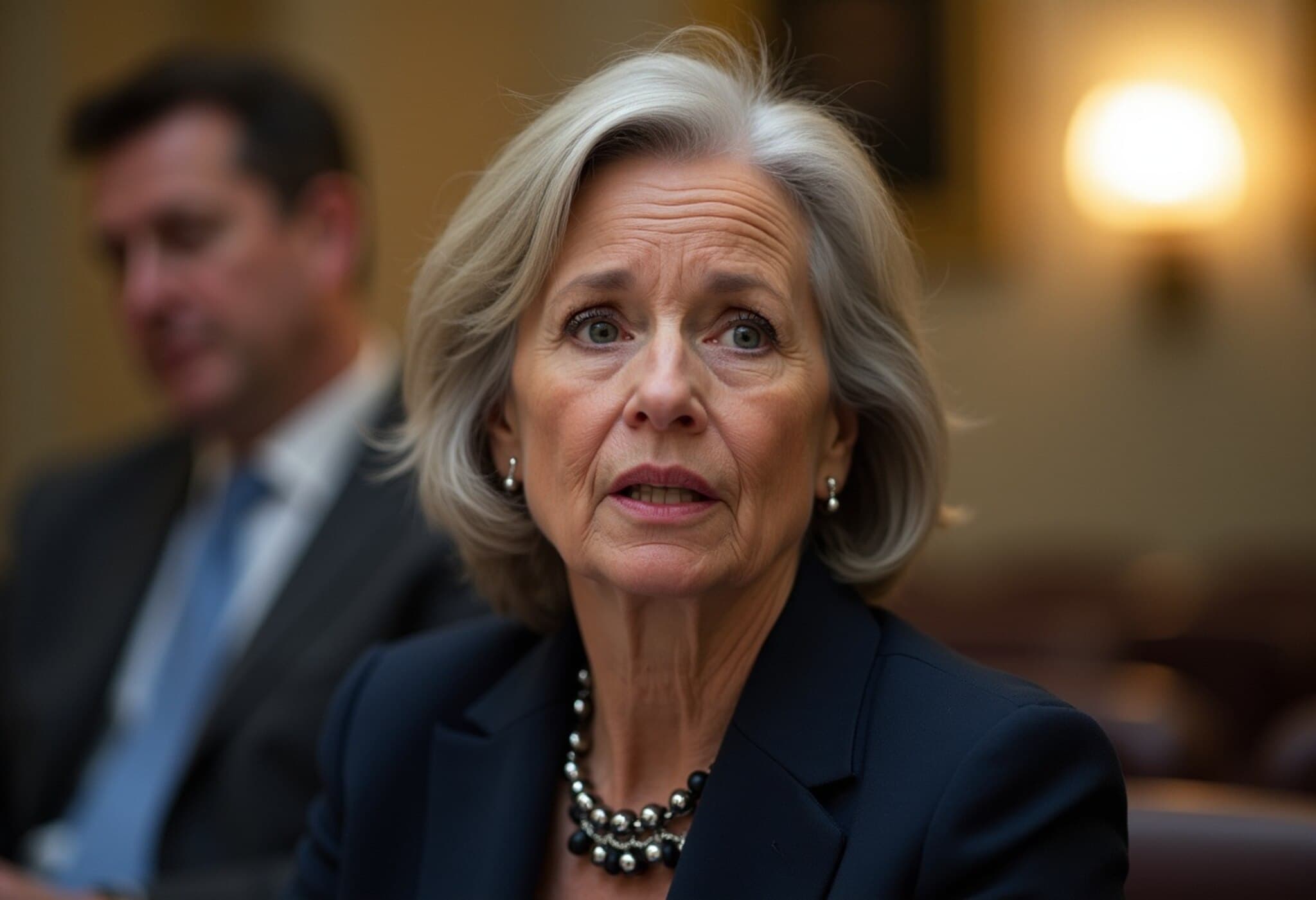Trump Directs Commerce Department to Conduct New Census Excluding Undocumented Immigrants
In a move stirring fresh debate over the integrity and inclusiveness of the nation’s population count, former President Donald Trump announced on August 7, 2025, that he has instructed the U.S. Commerce Department to undertake a new U.S. Census. This census would notably exclude undocumented immigrants — a sharp departure from traditional census practices that aim to count every resident regardless of legal status.
A Controversial Directive Rooted in 2024 Election Context
Posting on his social media platform Truth Social, Trump declared this upcoming enumerative effort as a “new and highly accurate Census” that would incorporate “modern day facts and figures” and crucially, utilize data derived from the 2024 presidential election results. Most emphatically, he stated, "People who are in our Country illegally WILL NOT BE COUNTED IN THE CENSUS."
This announcement reignites a polarizing issue that defined much of Trump's first term when he sought to exclude undocumented immigrants from the official census counts — efforts that were met with significant legal pushback. Notably, his previous attempt to insert a citizenship question to the 2020 Census was blocked by the Supreme Court amid concerns about discouraging immigrant communities from participation.
Understanding the Implications of Excluding Undocumented Immigrants
The census is a constitutionally mandated count of everyone living in the U.S., regardless of citizenship or legal status, because its data directly impacts political representation, federal funding allocations, and community planning.
- Political Representation: Census data shape the apportionment of seats in the U.S. House of Representatives. Excluding undocumented immigrants could shift political power, disproportionately impacting states and districts with high immigrant populations.
- Federal Funding: Billions in federal dollars for education, healthcare, infrastructure, and social services are distributed based on census figures. An undercount could reduce vital resources to communities that rely heavily on immigrant populations.
- Data Reliability: Using election data to inform census counts raises questions about privacy, accuracy, and the fundamental role of the census as an independent survey aimed at objective demographic measurement.
Expert Analysis: Why This Moves the Needle
Experts warn that redefining census criteria could catalyze legal challenges and sow distrust in government data among vulnerable populations. Dr. Lisa Mendoza, a demographic policy analyst, notes, "Excluding undocumented residents from census data fundamentally alters the social contract. It risks marginalizing communities and could lead to underrepresentation in political and social systems."
Adding election data into the census process blurs lines between electoral outcomes and demographic accounting, potentially politicizing a process foundational to American governance.
The Broader Context: Immigration and Census Politics in the U.S.
For decades, debates over how to count undocumented immigrants have reflected broader tensions over immigration policy, identity, and national belonging. The 2020 Census was marred by controversies over citizenship questions and pandemic-related challenges. Trump's newest mandate can be seen as part of an ongoing effort among some political leaders to reshape demographic data to reinforce particular policy goals.
However, this trajectory prompts crucial questions:
- How will state governments and local jurisdictions adapt their planning without accurate counts of all residents?
- What legal grounds exist for enforcing a census that deviates from constitutional principles?
- How might this affect the trust of immigrant communities in participating in future government surveys?
Looking Ahead: Legal and Practical Challenges
Past attempts to alter census methodology have faced formidable legal opposition. Courts tend to uphold the constitutional requirement of counting every person residing in the U.S. Hence, the prospect of a “new census” excluding undocumented immigrants will almost certainly ignite renewed judicial scrutiny.
Moreover, logistic complexities and the reliability of election data as a basis for population counts remain unsettled issues. Agencies responsible for the census must balance accuracy, confidentiality, and public trust — all of which are delicate in the current politically charged environment.
Conclusion: The Balance Between Policy and Constitutional Mandates
Trump’s announcement signals a pivotal moment in the intersection of immigration policy and demographic accounting. The implications extend far beyond mere numbers — touching on political power, resource distribution, and the inclusivity of American democracy itself.
Editor’s Note
As the debate unfolds, readers should ask: What does it mean for a democracy when parts of its population are excluded from official counts? While political motivations are clear, the real-world impact on communities, governance, and trust merits close scrutiny. We will continue to monitor developments, legal responses, and the potential ripple effects this bold directive may set off across states and local governments reliant on census data for vital decision-making.

